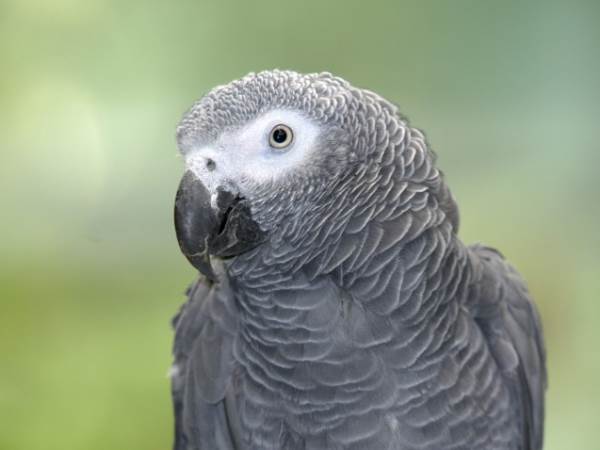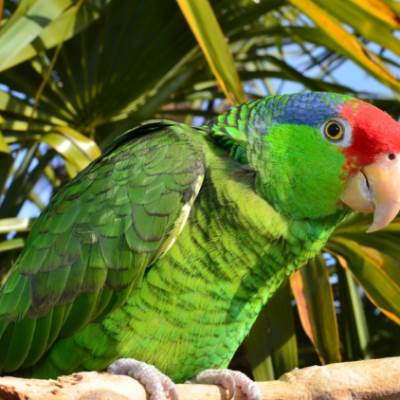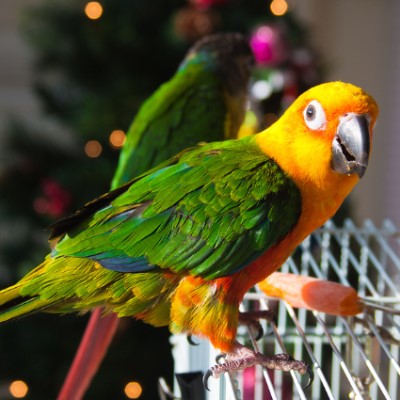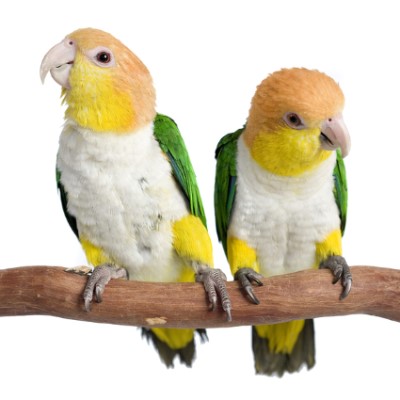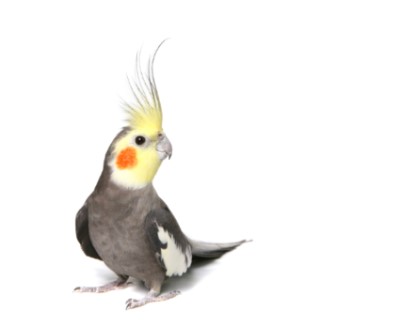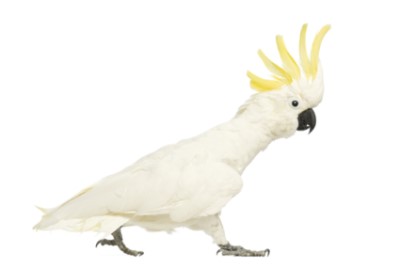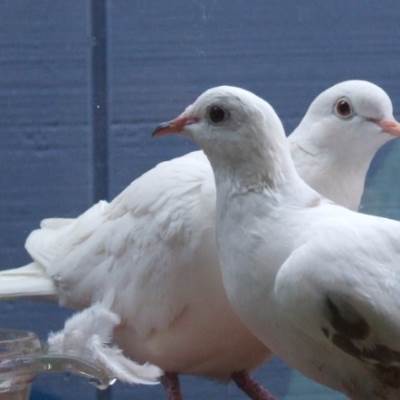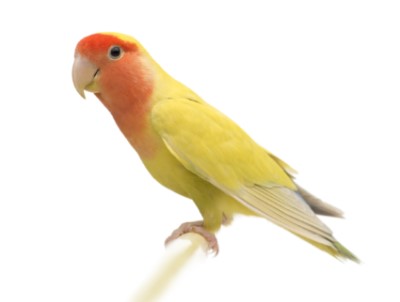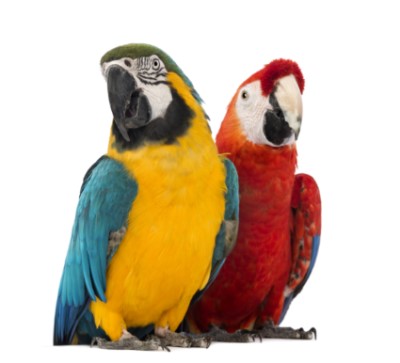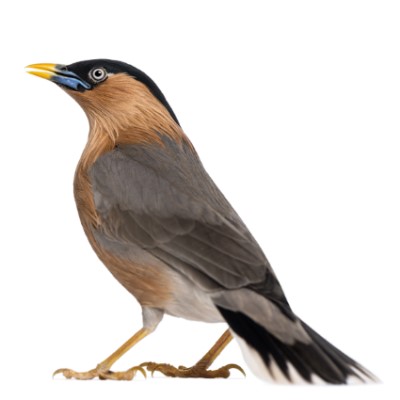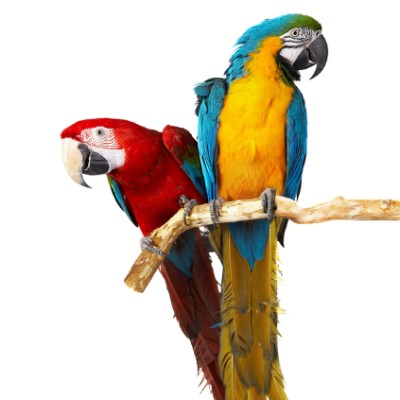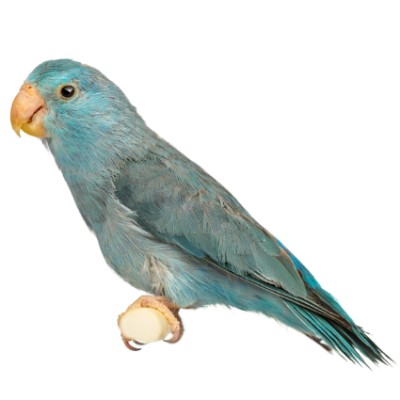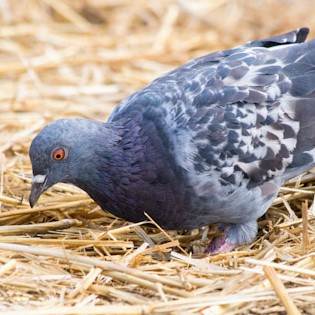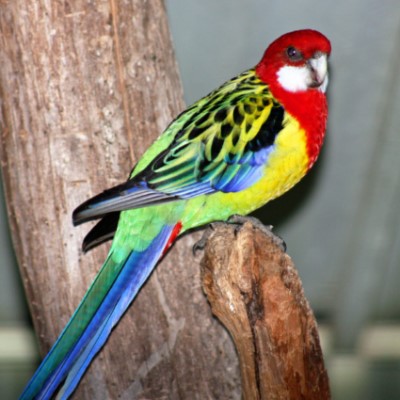Common Reasons for Surrender
African Greys are not big and they do not sing. Sometimes people buy the African Grey and expect it to grow into a large parrot that sings then return the bird disappointed. In short, a lack of education is one cause for surrender. Another reason for surrender is the African Grey will become frustrated if left alone for long periods of time. She may pluck out her own feathers, become aggressive, or self-mutilate.
Pros
The African Grey needs a lot of human interaction. This can be seen as a pro or a con, depending on the owner’s enjoyment of the bird. The African Grey has an intelligence that is compared to a dolphin or even a toddler. If you enjoy spending at least an hour a day training a bird to talk or do tricks and another hour just hanging out together, you will enjoy working with this bird.
Cons
Like his parrot cousin the Cockatoo, an African Grey loves human attention. If you give the African Grey a lot of attention at first, but stop for some reason, the African Grey may begin to pluck out his feathers or self-mutilate in frustration. A standard personality trait of the African Grey is that she is very protective of her human companion and, if she is perched on your body somewhere, she is known to physically attack anyone that comes near you.
The African Grey needs a minimum of two to four hours a day of the family’s time and attention. If you can’t commit to that much time, it would be better to choose a bird that requires less human interaction, such as the Finch.
Diet
They like fruit, raw or cooked pasta, and enjoy opening the shells of the nuts you give them. A parrot’s beak can bite through bone, so if you feed your bird an almond, he will bite down and it opens. Parrots should not be fed only birdseed. In fact, 50 to 70 percent of your parrot’s healthy diet should consist of specialized pellets. When a parrot is full, she will stop eating.
The African Grey sometimes enjoys an unsweetened whole grain breakfast cereal.
Exercise
Your African Grey will tire of being inside the cage all the time. You can purchase a play gym for your bird to use when she is outside the cage with you in your home. Be sure to clear your home of any glasses of water or house plants that could be poisonous to your Grey.
Possible Health Issues
A Grey’s droppings are usually white and green in color and tubular in shape. If your bird’s droppings are loose and watery, he may have eaten a lot of fruit or he may be ill. If his diet hasn’t been altered but the color of the droppings has changed, keep an eye on him for possible sickness. Bright lime green droppings may indicate a common and contagious disease among pet birds called “parrot fever.” Take your bird to the vet if you suspect he is sick.
Housing
African Greys can be kept in any home where their cage is large enough to move around in, the bars are horizontal for climbing, and the family members are able to reach their hands into the cage door. Do not buy mite protectors for the cage or apply them to your bird. A well kept African Grey will not contract mites.
Grooming
Clip your bird’s wings regularly. Take him to the groomers the first time if you feel unsure about clipping the wings yourself. Clean the cage regularly to protect your bird from getting sick. Trim or file your bird’s nails occasionally to keep them from getting caught on perches or toys.
Training
The Grey enjoys a game of peek-a-boo. If your bird is out of her cage, put a light blanket over her head and praise her lavishly when she finds her way out. You can also play hide and seek. Place three nut cups or favor cups upside down. Put a favorite treat inside and let the bird find the treat. You can even play tug-of-war with an empty paper towel roll.
Entertainment
Being alone can be stressful for the African Grey, so if you work eight hours a day, leave the television or radio on for him to listen to while you’re away. He enjoys more sophisticated toys for birds that stimulate his mind. Rotate those toys in and out of the cage.
|
ADDITIONAL RESOURCES
The African Grey by Julie Rach
We want to thank the Avian Rescue Corporation (ARC), Concord, California for help with this profile.
